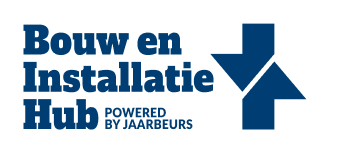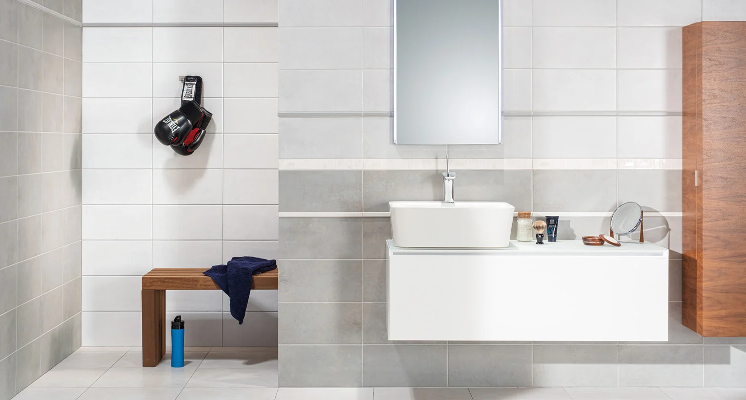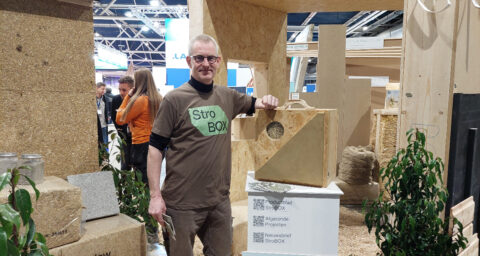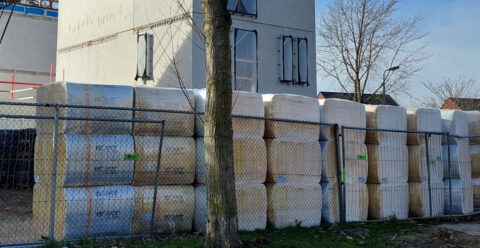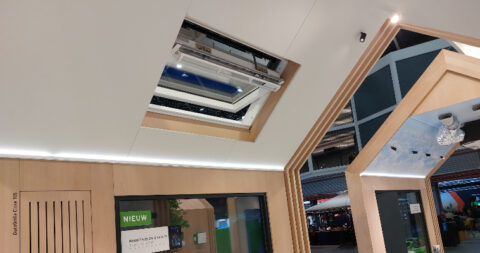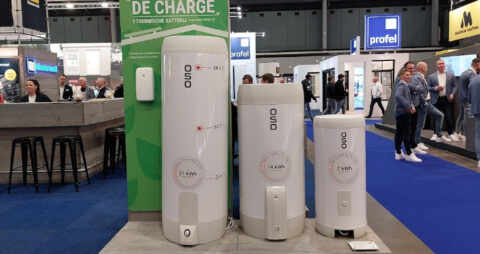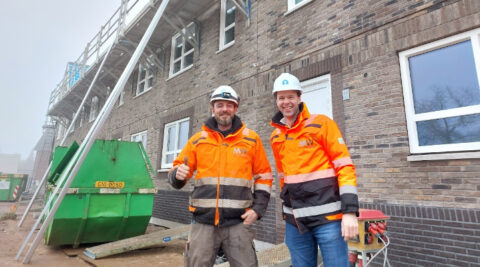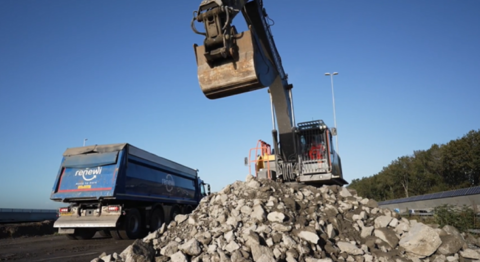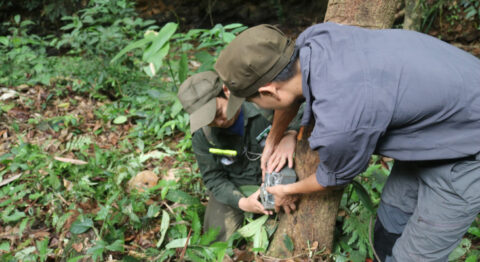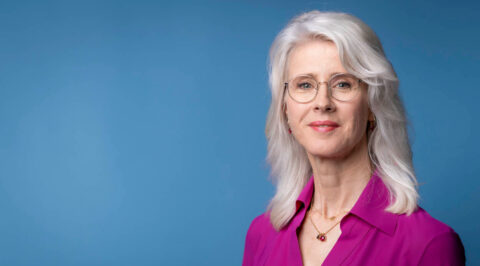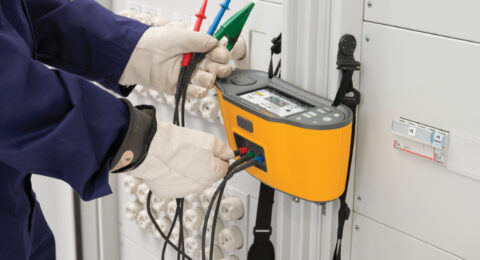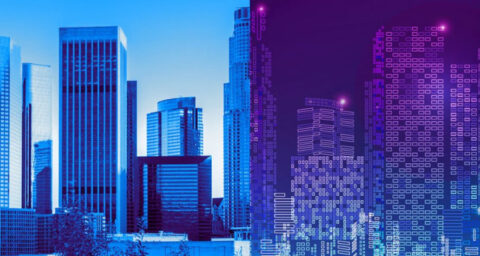How the war in Ukraine caused RAKO to have a much larger capacity in Europe. They can now enter the market with a whole new and complete line of tiles as a result.
In the Czech Republic, RAKO recently opened a very new modern production line, in the town of Borovany. There they produce sheets of 2.40 meters by 1.20 meters, which they can cut into all kinds of sizes. As a result, they suddenly offer much larger sizes, such as 60×120 cm and even 120×120 in 2 cm thickness. For the sizes that cannot be cut precisely from sheets of this size, the other factories in the Czech Republic produce wall and floor tiles in Rakovnik, Chlumcany, Horni Briza and Podborany.
Modern production line
That RAKO Lasselsberger's product range has suddenly become much more complete has a remarkable story behind it, says Kees Bootsman, who has worked for RAKO since 1992. After all, the fact that RAKO modernized the factory in the Czech Republic was a direct result of the war in Ukraine. 'Lasselsberger also had a plant in Russia, and before 2022 they saw opportunities to increase production capacity there. It was decided to increase the product range in Russia. So we ordered a production line in Italy. But once that was delivered, we couldn't put it in Russia. Therefore, a somewhat older production line from RAKO in the Czech Republic was then replaced by the new one from Italy. As a provider of wall and floor tiles, RAKO is therefore suddenly much more complete its offering.'
Tile factories on top of raw material
The Czech Republic is the birthplace of RAKO. Traditionally, there are a large number of tile factories there, some of which are 140 years old. They are pretty much right on top of the raw material, and that allows them to produce in a relatively environmentally friendly way, says Bootsman. "We don't have to import the raw material, which saves a lot of emissions. But that's certainly not the only environmental measure RAKO takes, he continues. 'We use the heat from the ovens to heat our buildings and the drying room, and if something goes wrong in production, all the material is recycled.'
Since the end of the last century, all the factories that operated separately even before the communist era were taken over by the Austrian company Lasselsberger. The last one was taken over at the end of 2002 and now they are used in one big tile program. One makes wall tiles, the other glazed and unglazed mass-colored floor tiles. And so now this modern line has been added for large slabs.
New logistics system
The new production line includes the largest investment Lasselsberger has made to date. 'Because it was not only the new ovens and press lines, but also the raw material preparation had to be redone. And, of course, there had to be more storage capacity, because we now stock so many more items. Finally, a matching logistics system had to be developed.' All that is now in place, Bootsman says proudly.
The major investment in the Borovany plant has pushed the RAKO brand to the forefront enormously. 'We now have everything in stock and from here trucks are loaded daily towards the Netherlands.' The logistics system is of great importance here. It has to be efficient to keep the cost of transport per m2 as low as possible. But it must also be regular so that delivery times do not increase. Both conditions are amply met.
'Every day wagons drive with the necessary "roll of the baker". With that expression, we designate the wall and floor tiles for which demand is highest. Since the trucks run daily anyway, we can always make room for special orders. As a result, a customer never has to wait longer than one or two weeks for an order. This is how we keep the price of logistics low. Of our range of more than 3,000 items, we have an average of 14 million square meters in stock continuously, so our customers do not have to keep large stocks themselves and can still offer all the items in our range.'
All of Europe
In this way all of Europe is served, Bootsman concludes. 'We now have many more formats with many more application possibilities. And it's also about what the market demands. In the Netherlands and Belgium, for example, square tiles are popular. In Germany and Denmark, people prefer rectangular ones. And in England, the natural stone format 40×80 is popular. We now offer it all, continuously and quickly.'
